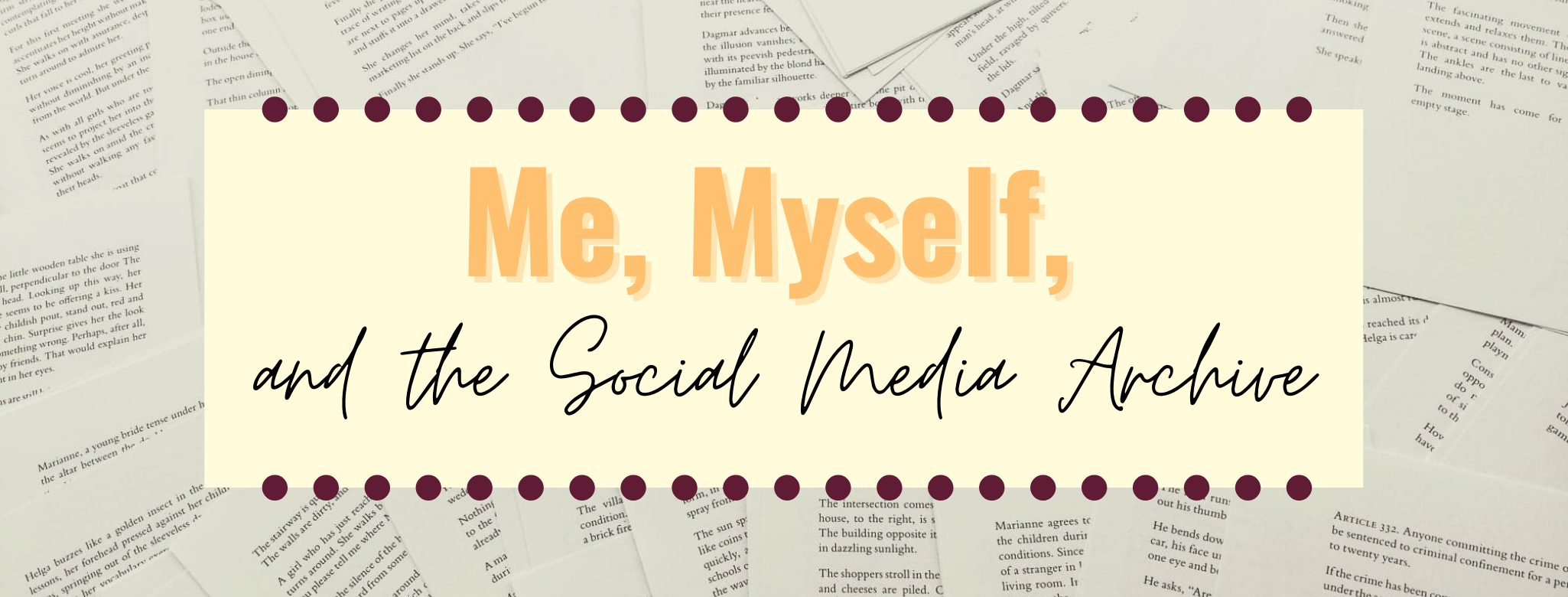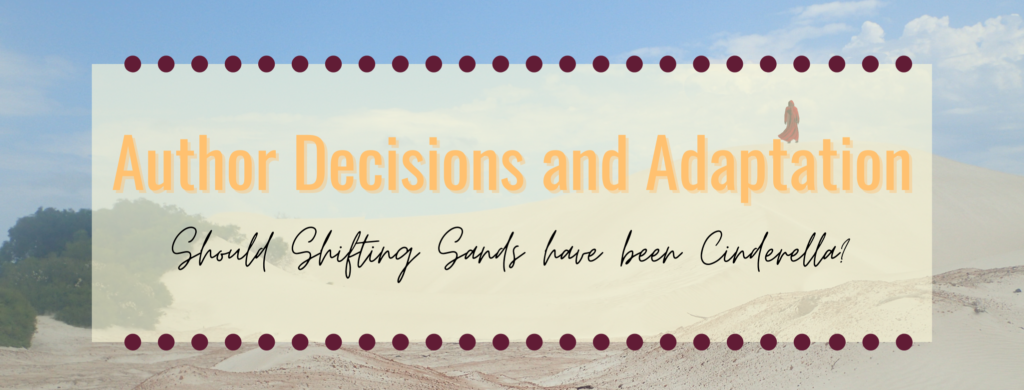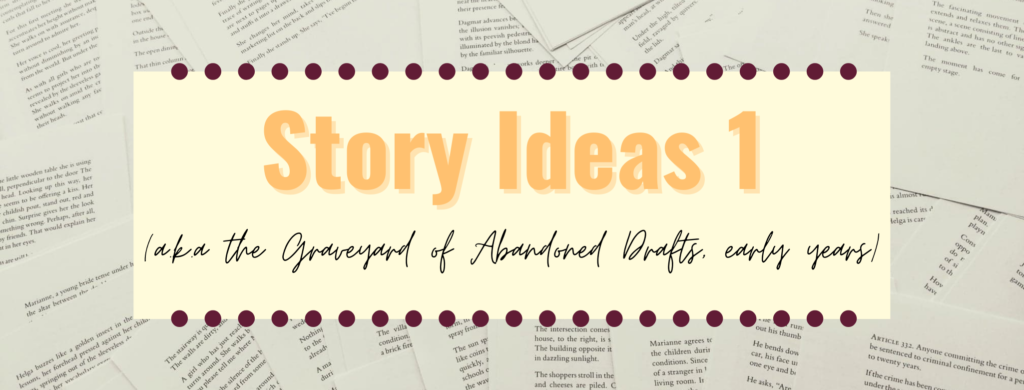One of the difficulties of social media is that it simultaneously acts like moments of speech and an archive recording everything you’ve ever posted. It’s easy to feel like you’re just posting a quick comment or reply and that’s that. But everything you post builds up an impression of you. There’s a history being created. Doing this research, I’m very aware of that record and what it may be saying about me. I’m even more aware of how ‘real’ that record feels to me. Can the identity in your social media archive online ever feel representative of who you are?
Post Context
I spend more time on Youtube than I probably should, but sometimes it’s helpful. A Youtuber I watch recently culled half of their internet presence – wiping out videos, music, and writing directly connected to their Youtube self and beyond. In their video explanation, they talked about feeling that there’s too much of themselves on the internet, with much of it not feeling representative of who they are now. For some of the songs, for example, they were unwell and taking substances. The music was true of them then. But years later, now that they’re clean and trying to step forward? It’s not who they are but it does affect how other people perceive them. They talked about finding internet forums devoted to the smallest details of their life online, picking apart past and present behaviour in equal measure, and drawing conclusions about them when they view themselves as fairly boring.
It kind of echoes some of the things I’ve been reading recently about identity. Because the term identity gets used so variably across disciplines, some key theories divide it up – social versus personal identities, ascribed versus achieved, etc. Mead, a social interactionist, divides the Self into ‘Me’ and ‘I’. The former refers to the social self, shaped through interaction and society. ‘I’, meanwhile, relates to the individual’s impulses and who we are when not under observation. The moment we are watched – even if it’s by ourselves – we become ‘Me’. When we create things online, it’s easy to feel like you’re just being you, the ‘I’ version. The self, as performed online, is shaped by interaction with the environment and the audience.
Who am ‘I’?
I’ve been thinking about this for a while. With this project, as I have posted previously, my answer is a solid no. I tried to be as authentically me as possible, but I’ve always been aware of the audience. I mean, this is research after all. Even if no one else looks at what I’ve done beyond the dissertation, I’ve had to maintain a research log. ‘I’ am under observation, even if it’s me doing it. And honestly, that’s probably the thing I’ve struggled most with performing my author identity online. I can’t be my impulsive individual self because I’m aware of the eyes on me.
When I was younger, my geography teacher learned that she couldn’t stand near me if she expected me to work. Even though we both knew I really was the kind of student who was actually doing geography-related things on my computer, I would freeze the moment she was too near and not get any work done. I didn’t want her to read my work as I was typing it. She could only see it when the process was done. It kind of fits in with my irrational fear of people reading my mind. There’s nothing interesting there to see but it would be this raw, unfinished version of me. My ‘I’, without the ‘Me’ shaping it, open to interpretation out of my control. It terrifies me.
The Social Media Archive
But, when you think about it, our lives online are kind of like that. I haven’t written in my review blog since the beginning of my PhD (I’ll get back to it one day!). I looked recently and found a whole bunch of comments and likes I didn’t know about. Alongside some positive comments, there was one calling my writing over-thought – a funny comment when the purpose of my review blog was to obsess over things from a writer’s perspective. It just shows how the internet works though. People can find and interact with ‘you’ out of time and they won’t always care about the context. But every interaction builds up their personal record of you.
For an everyday person, it’s a bit weird if you have no social media record at all. Employers expect to find at least something of you online. But, for creative people, there’s even greater pressure to post regularly to build an audience in the attention economy. Two or three times a day, at least! If you’ve been watching my project, you’ll know I’ve fallen away from this model. Why? Because it was impossible to feel both ‘real’ and post that regularly. Add this to the ever-growing social media archive your posts contribute to and it all starts to feel very out of control.
Temporal Contexts Collapsing
The social media archive adds a really interesting dynamic to the context collapse of social media. As people, we’re constantly evolving, but there’s no way to guarantee that the person looking at your posts is seeing them in order. They don’t know your journey. They lack context. Naturally, this means the you they see is probably not the person you think you are. So, how can you be ‘real’ online with this record lying behind you?
The Youtuber I mentioned above took one option. They culled anything that didn’t align with the ‘I’ they see. And I can understand this. They’ve changed as a person and so wanted their content to reflect who they are now, rather than potentially having someone get a false impression of them through decades old videos. They can more authentically appear as who they are now. As a consequence, however, they’ve removed the journey that got them there. Does this then become an inauthentic representation of who they are as it takes away they history that got them there? But the other option – leaving everything up – also has risks through the temporal context collapse.
Conclusion Confusion
I do wonder sometimes what I’ll do with this blog and the online identity I’ve made for this project when it’s done. It doesn’t feel fully representative of me, but it also feels weirdly inauthentic to just erase it as if it never happened. And it’s the same with much of my history online. I wiped my Bebo from existence quite easily because my teenage self definitely isn’t me (and, honestly, wasn’t me then either), but could I do the same with my Livejournal or fanfiction accounts? I don’t know how to deal with the online archive of me, or how to understand what ‘Me’ it creates without my knowledge. It’s something I’m going to have to ponder some more.



